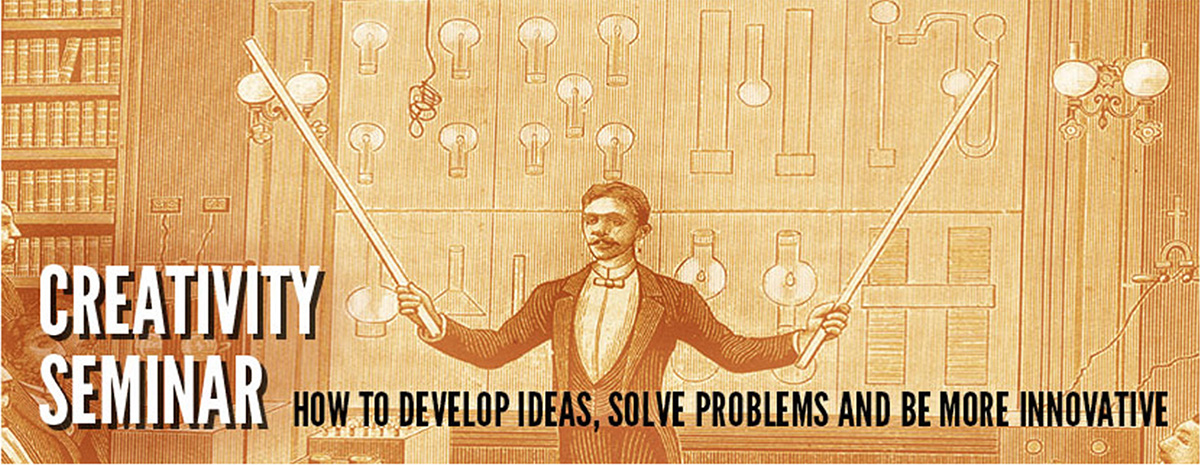 Harvard lecturer and researcher Dr. Shelley Carson, who focuses on the interface between creativity and psychopathology, understands that our changing world makes the further development of our creative abilities more crucial now than ever — particularly for those in the business world. She expands upon this idea in her fascinating book, "Your Creative Brain: Seven Steps to Maximize Imagination, Productivity, and Innovation in Your Life."
Harvard lecturer and researcher Dr. Shelley Carson, who focuses on the interface between creativity and psychopathology, understands that our changing world makes the further development of our creative abilities more crucial now than ever — particularly for those in the business world. She expands upon this idea in her fascinating book, "Your Creative Brain: Seven Steps to Maximize Imagination, Productivity, and Innovation in Your Life."As Dr. Carson explained to Elizabeth Cooney of The Boston Globe:
"The roadmap for how to do things has disappeared. In the business world, creativity is now the number-one quality that head hunters are looking for in top-level chief executives. Most of the elite business schools in the country now have courses on creativity, and many Fortune 500 companies have hired creativity consultants. Creativity isn’t just for starving artists and musicians any more."And Dr. Carson knows that creativity can, and must, be taught.
"What we have found in recent years in the neuroscience of creativity is that highly creative people tend to activate certain neural patterns in their brain when they are solving a creative problem or doing creative work. We have also found through biofeedback programs and other types of cognitive behavioral research that it is possible to change your brain activation patterns. Therefore we can mimic the brain activation of highly creative people."Read more of the Globe interview.
In Your Creative Brain, Dr. Carson identifies how developing our creative potential can lead to greater success and fulfullment :
"The trick is in understanding networks that connect our brain’s “hot spots” for creative thought, and then developing the ability to “turn on” these networks. Each of us is stronger in some areas than others – some are great at brainstorming but weak in follow-through. Others experience creative block because they’re too critical or inhibited. And some people squelch their imaginations when they’re feeling low, rather than recognize that there is creative potential in a negative mood."Based on the latest findings in neuroscience using brain imaging and neuropsychological testing, combined with interviews with hundreds of creative achievers, Dr. Carson's book constructs a set of seven brain states, through the acronym CREATES, standing for: Connect, Reason, Envision, Absorb, Transform, Evaluate, and Stream – and she describes how these "brainsets" relate to creativity, productivity, and innovation.
Explore more of Dr. Shelley Carson's brilliant and original research, and learn more about her new book, at her inspiring website.
